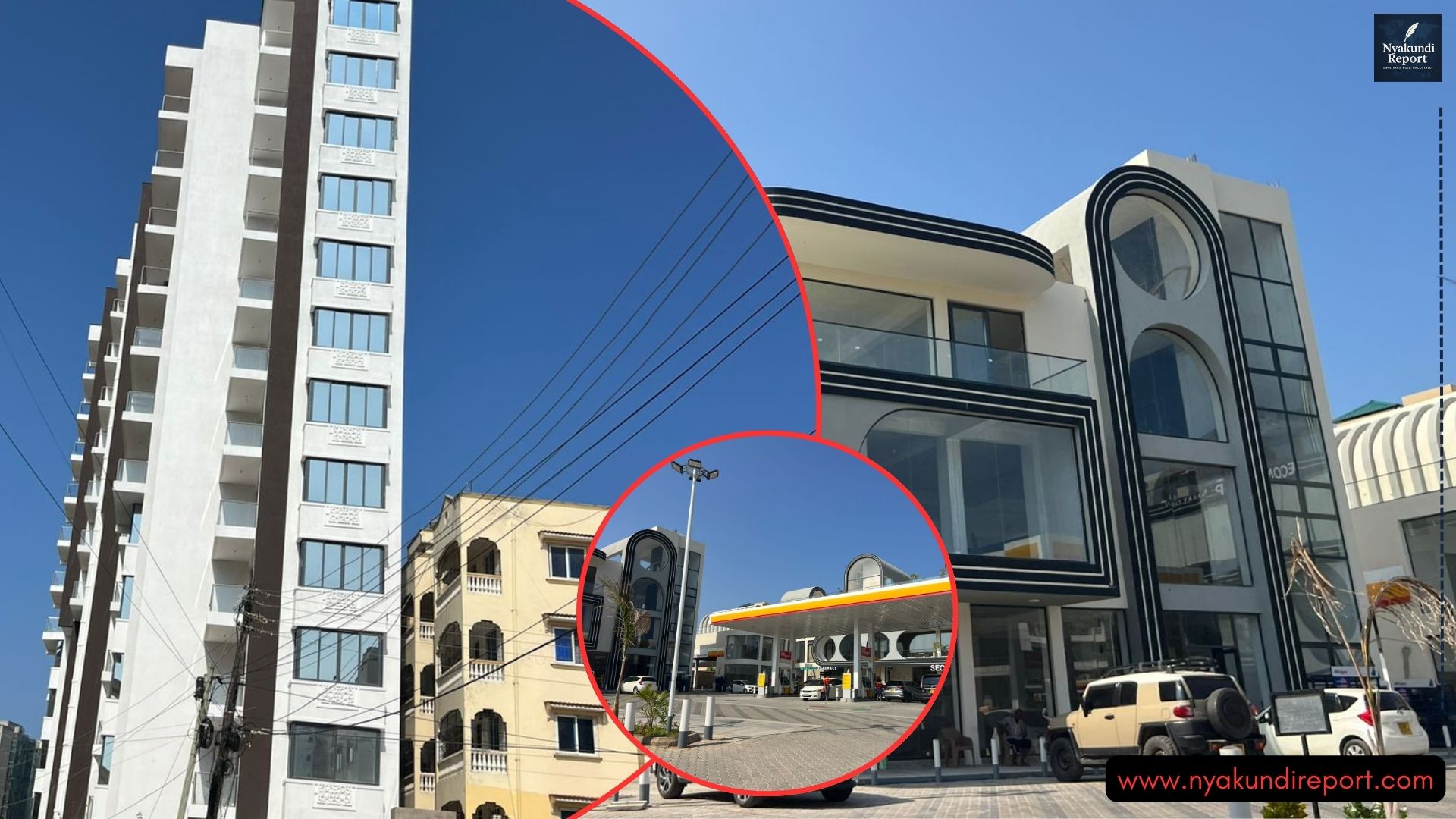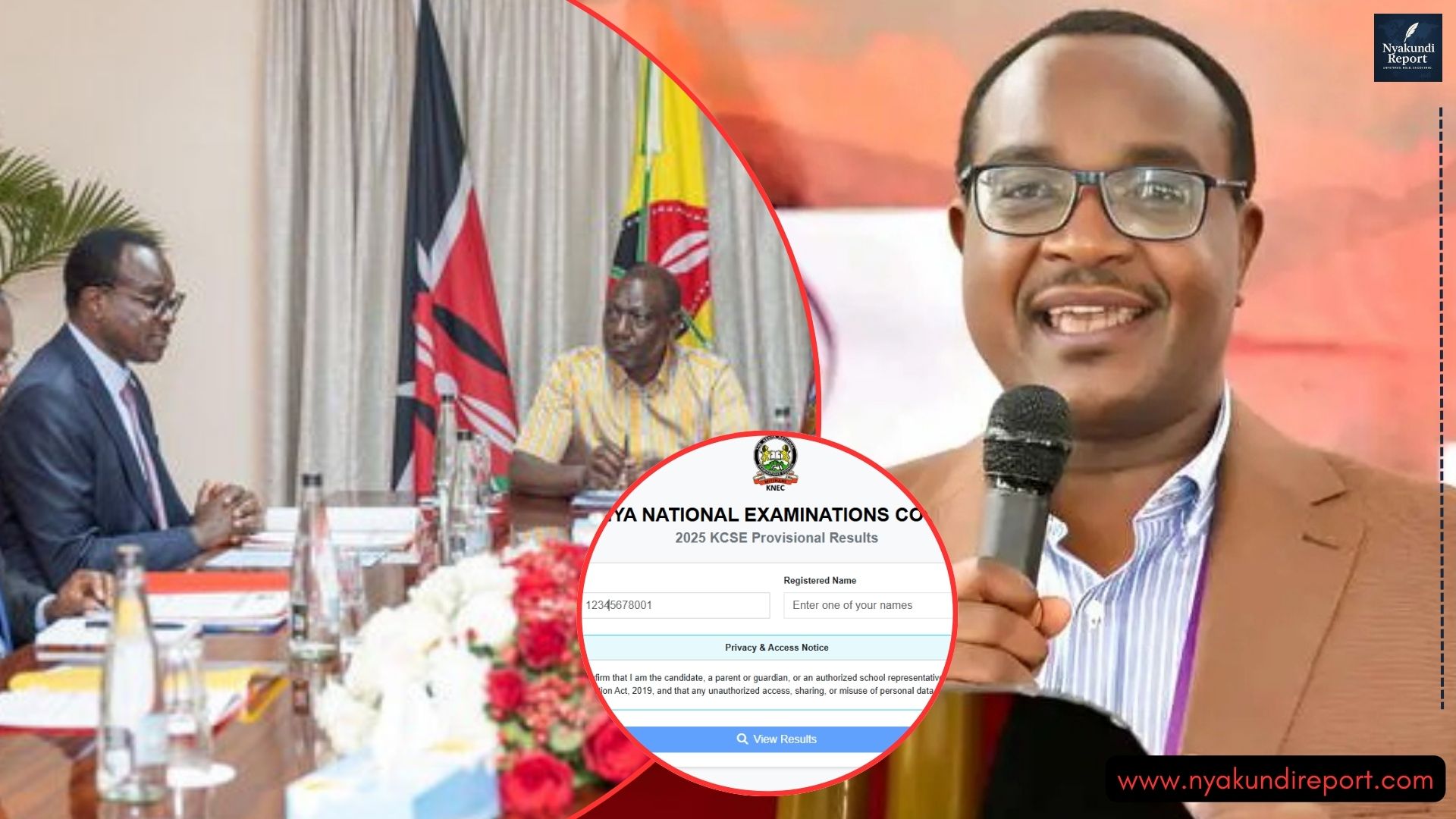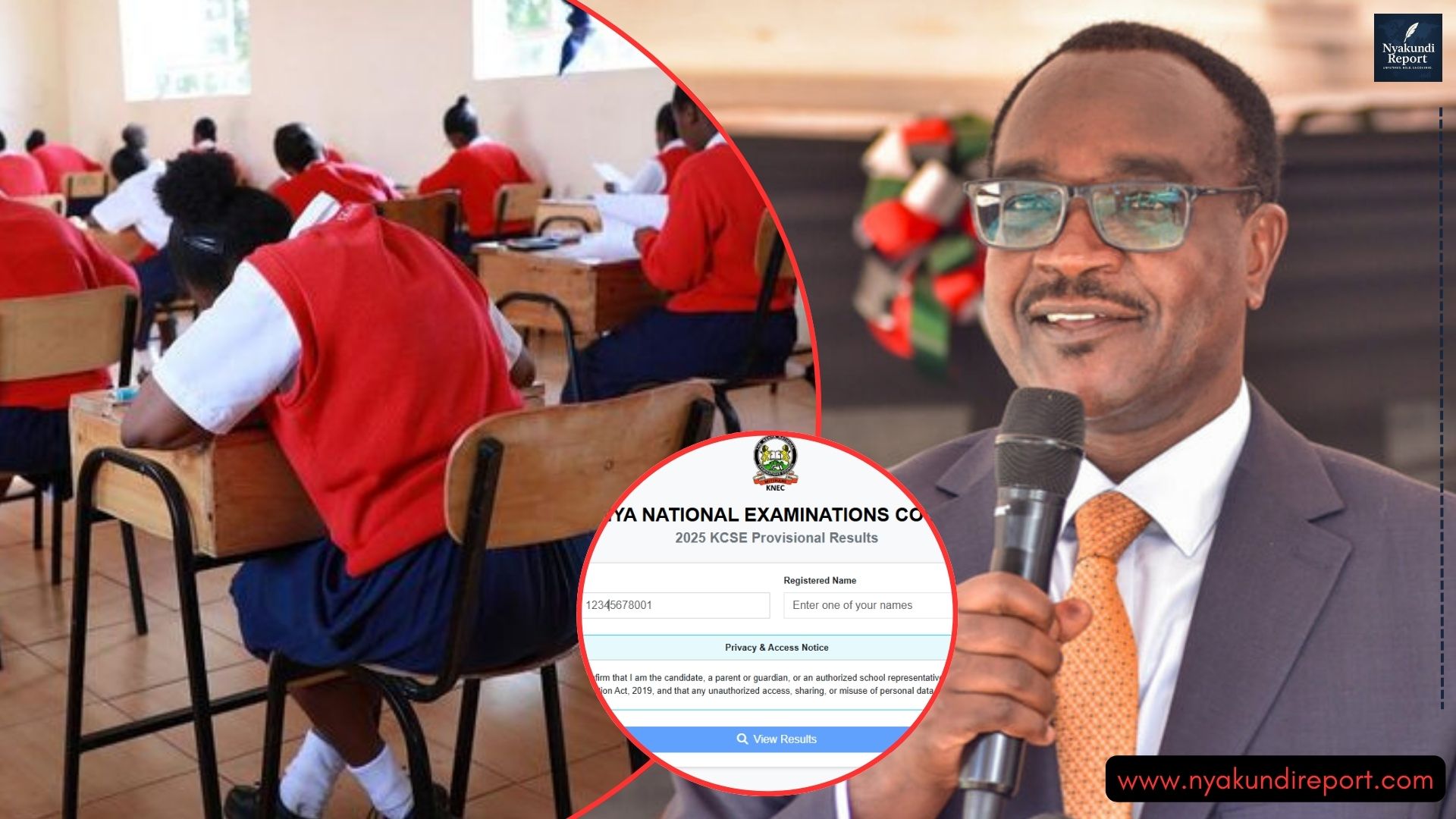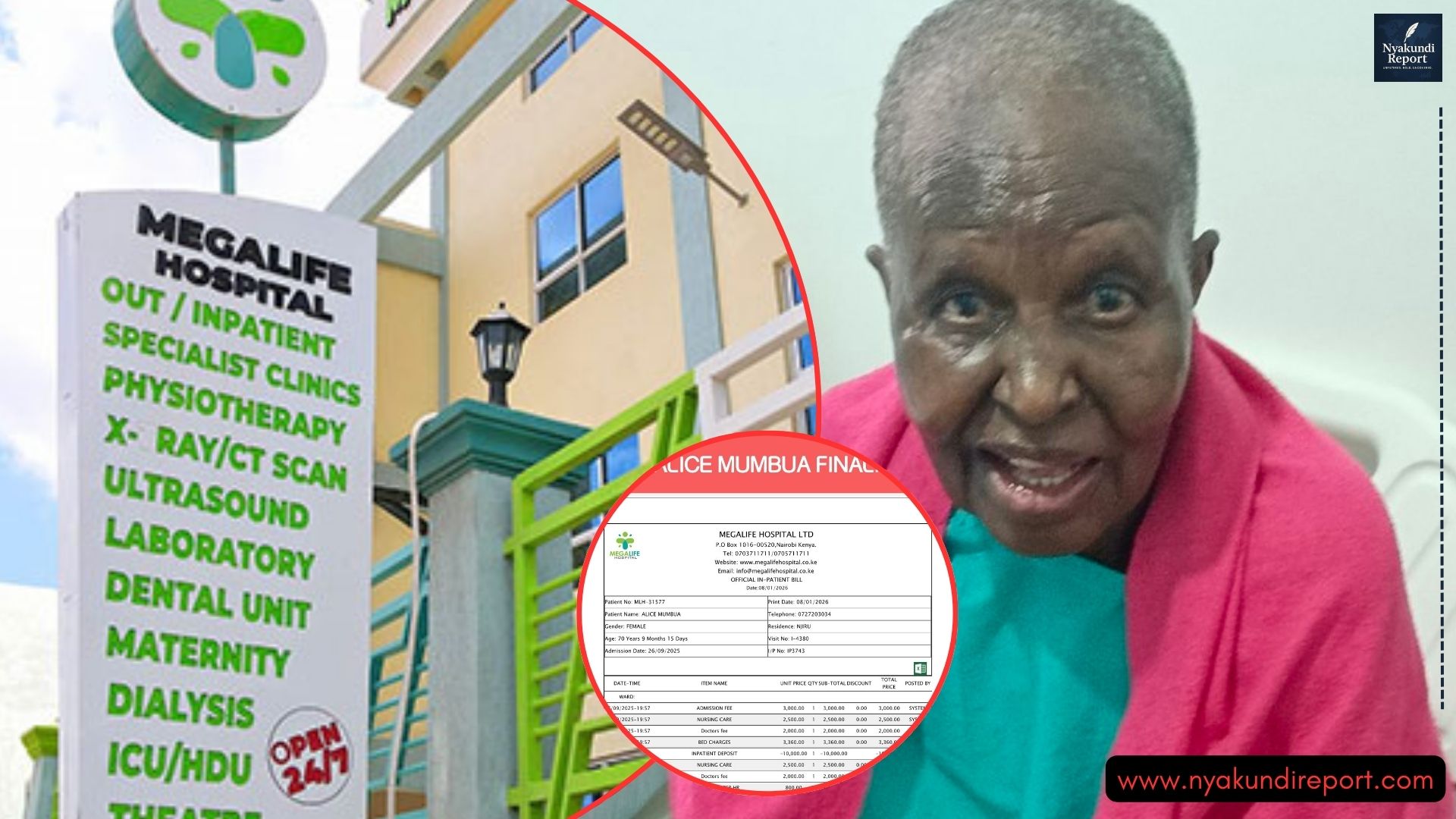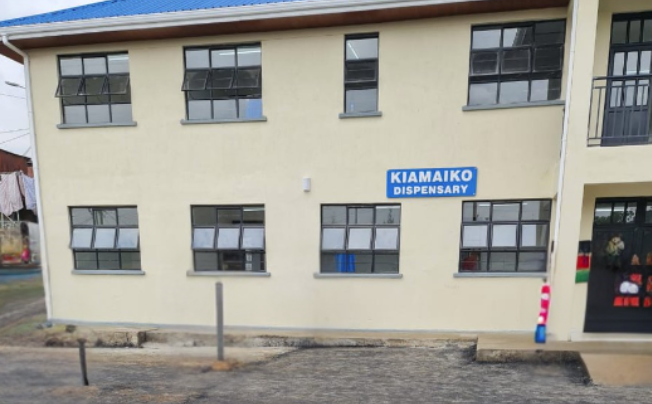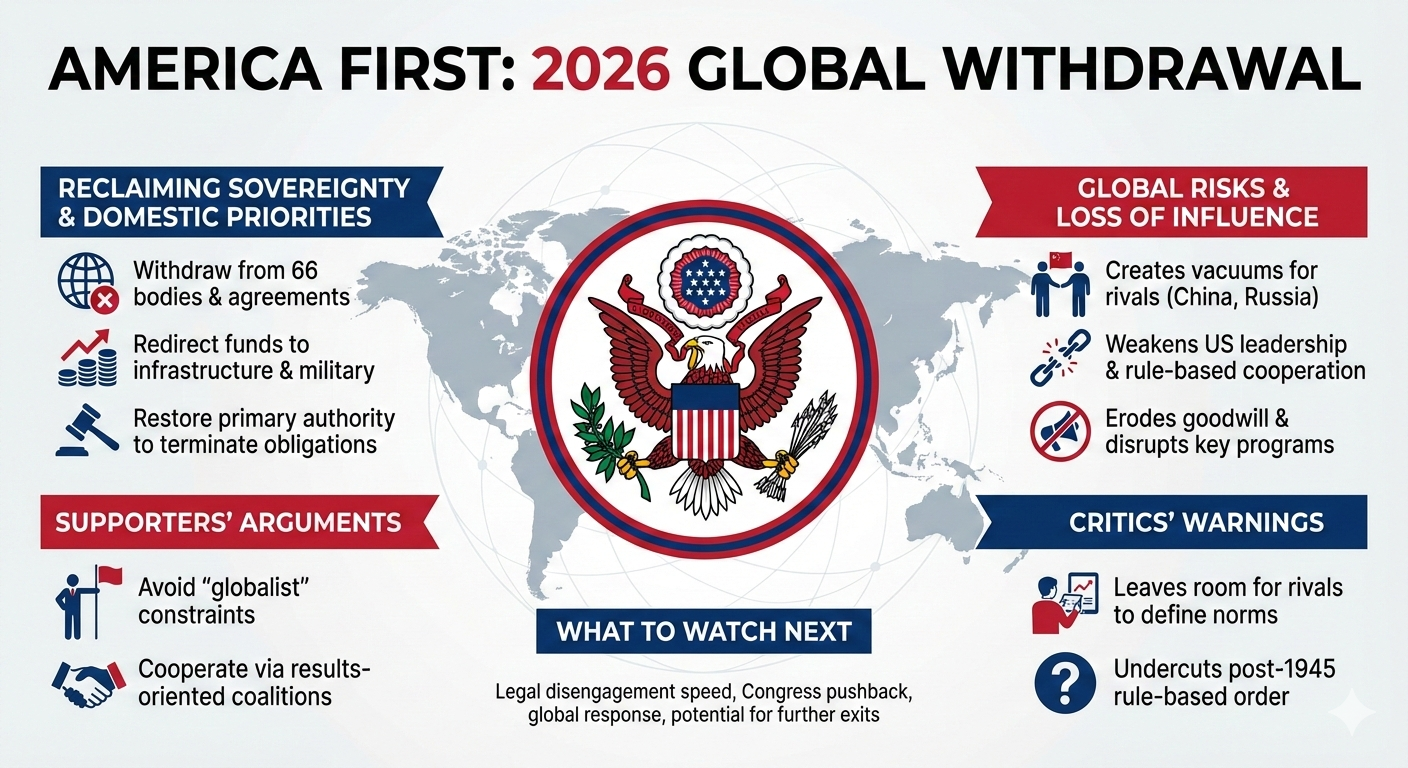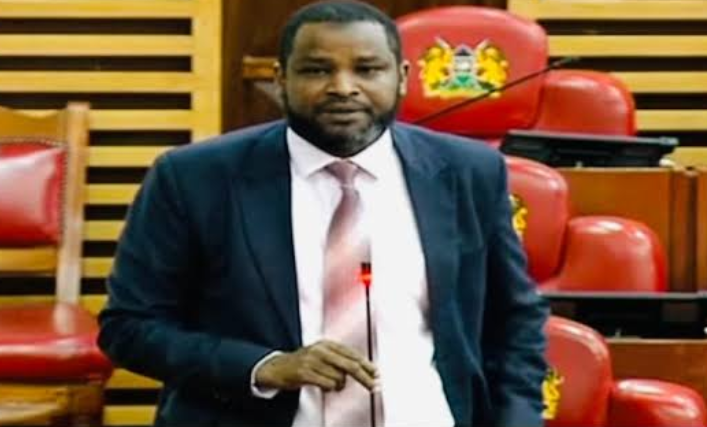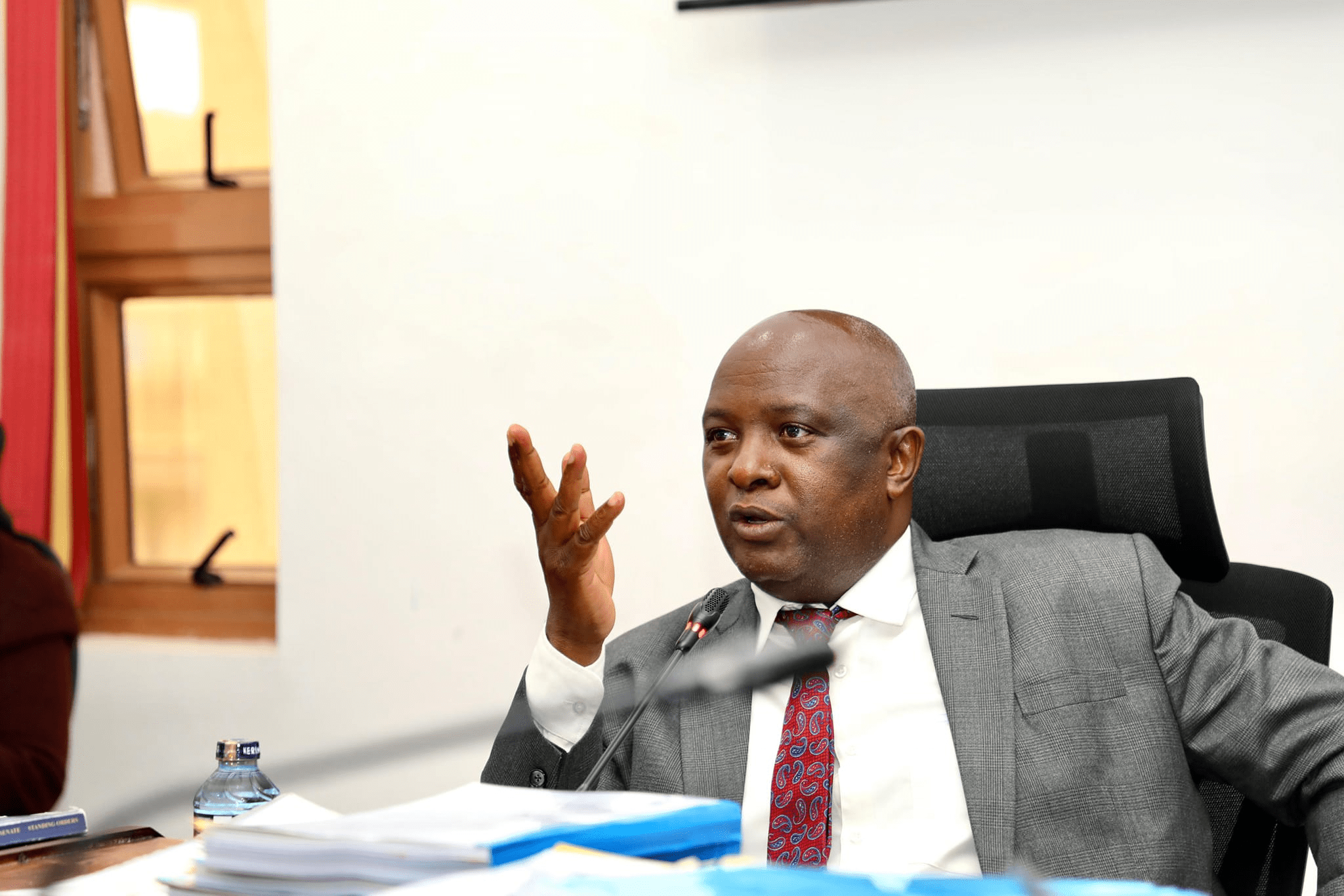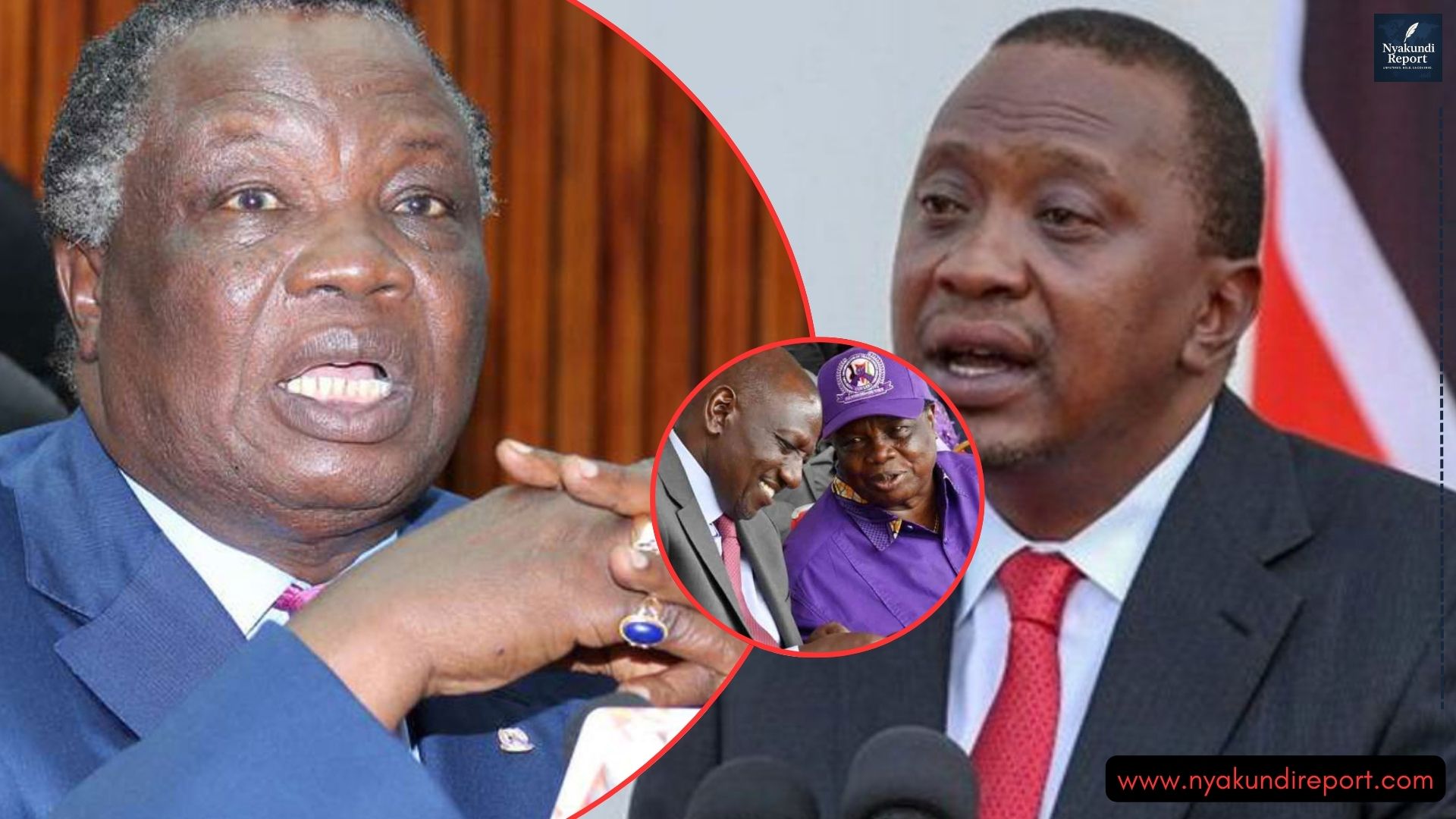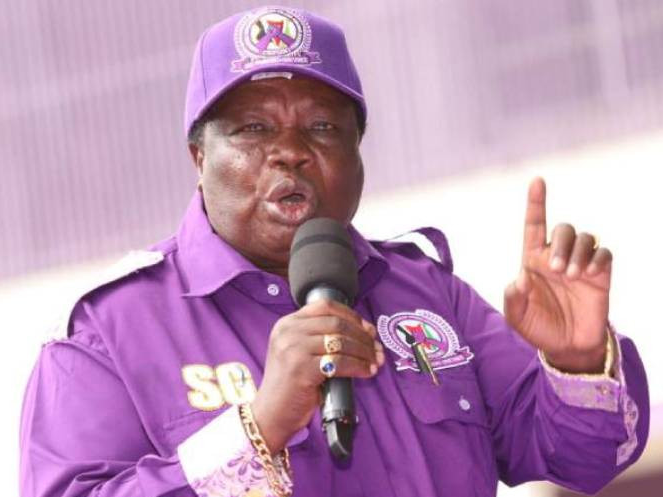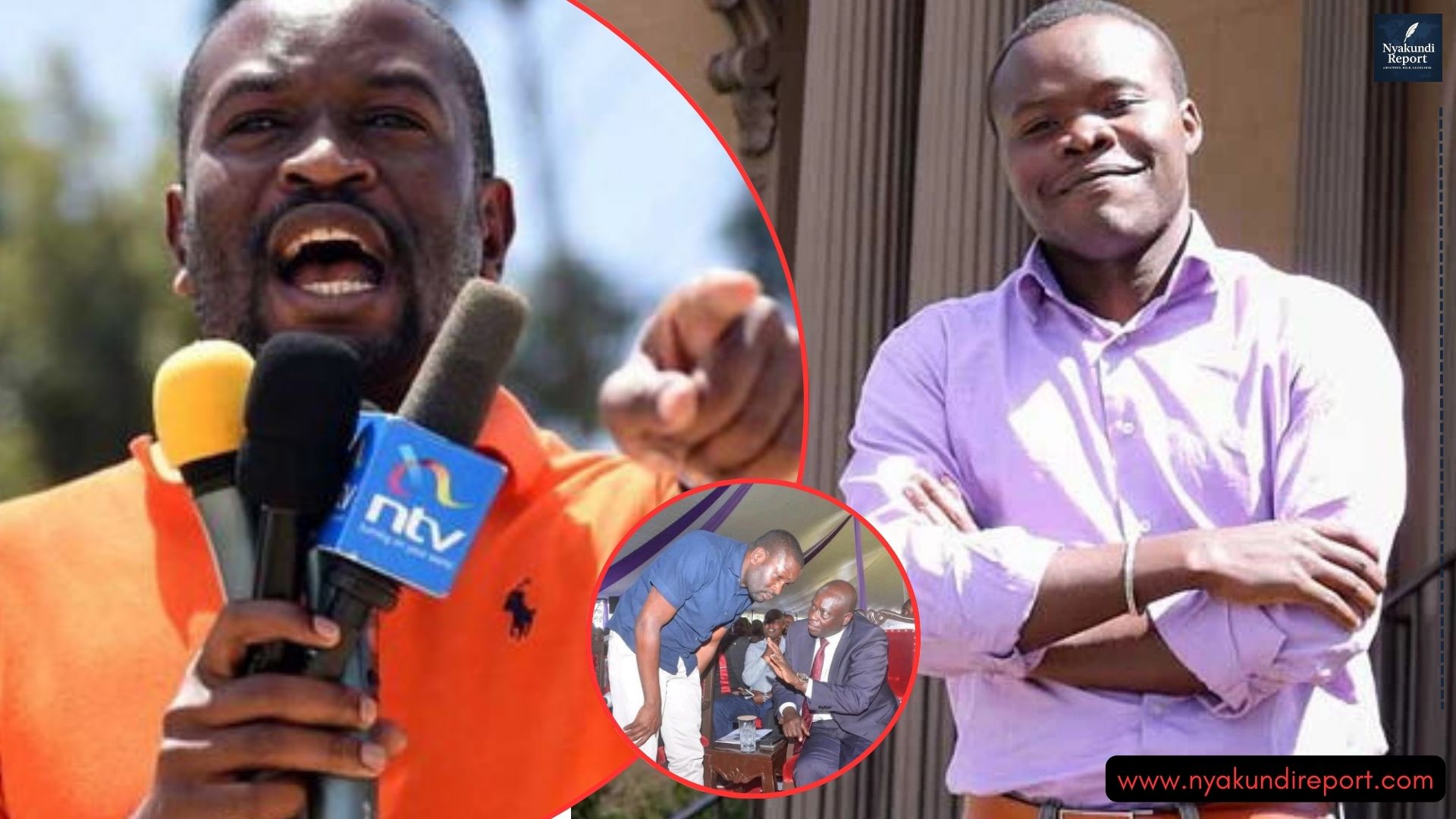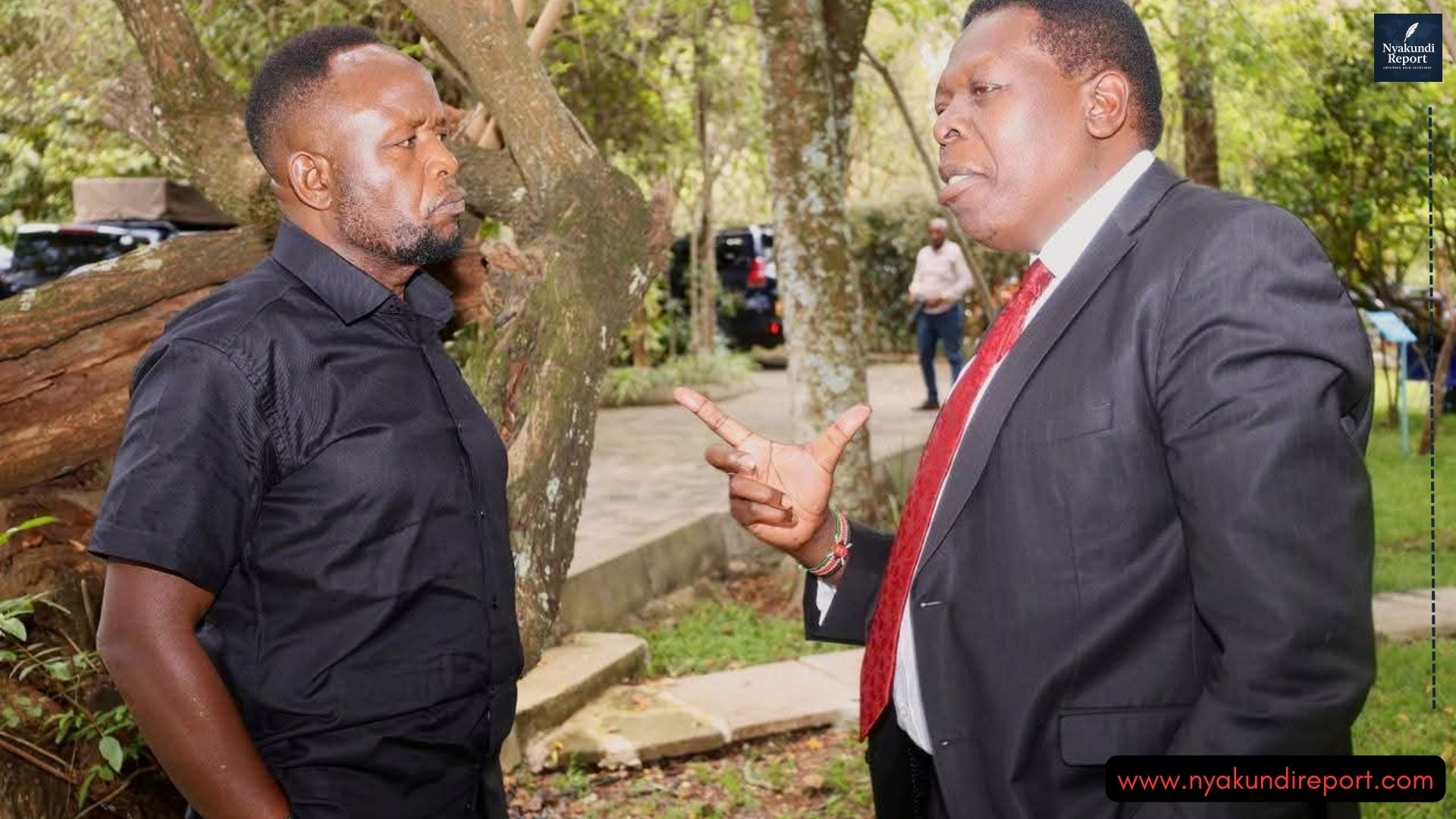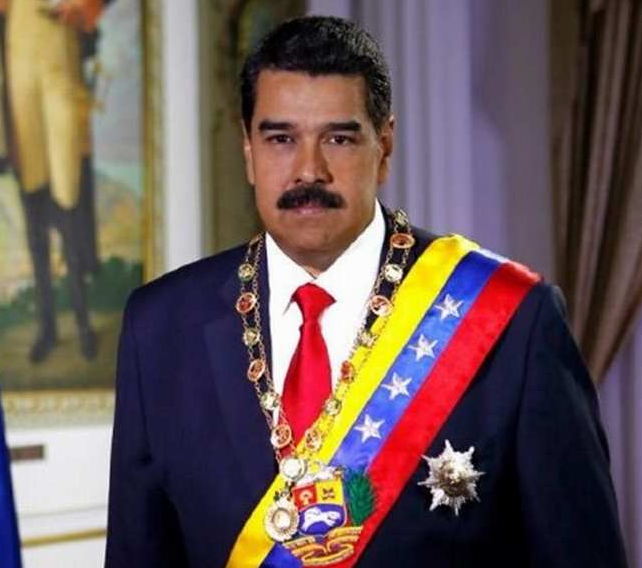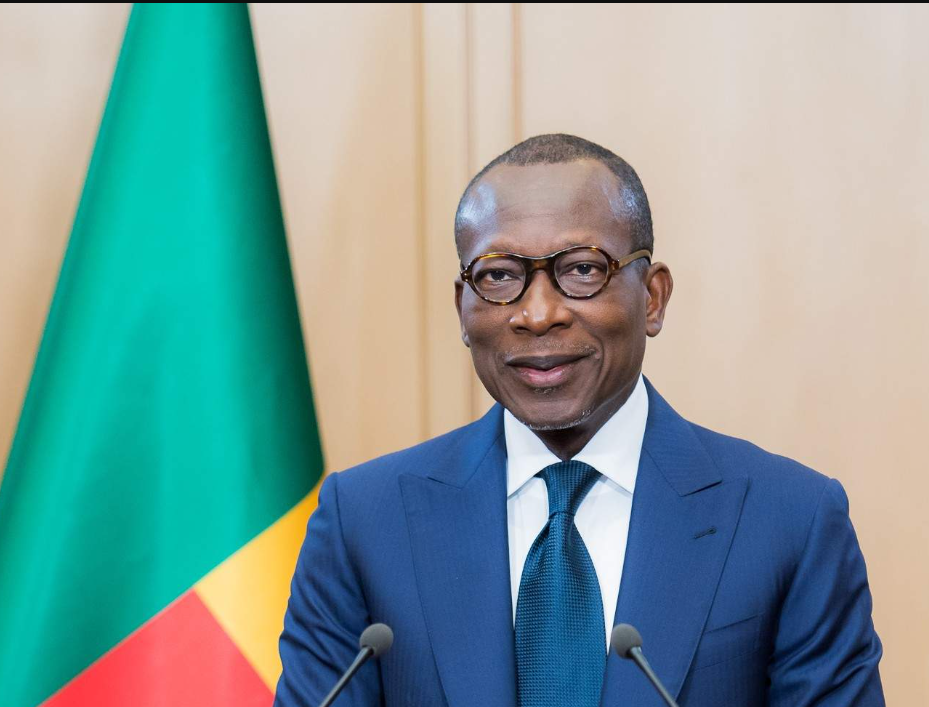Just days after a flurry of provocative remarks from Ugandan leadership regarding their “entitlement” to access the Indian Ocean.
Indeed, these remarks sent ripples of alarm through East Africa,
But a crucial face-to-face meeting has offered a path toward immediate de-escalation.
Ugandan President Yoweri Museveni hosted Kenya’s Prime Cabinet Secretary and Cabinet Secretary for Foreign and Diaspora Affairs, Musalia Mudavadi, at State Lodge, Mayuge District in Uganda.
The meeting served as a vital diplomatic conduit to soothe the friction that had built up between the two powerful East African Community (EAC) neighbors.

What Caused the Tension?
The recent diplomatic strain was ignited by President Museveni’s public statements, in which he asserted that landlocked countries like Uganda should not have their goods obstructed from accessing the sea.
He famously remarked that it was “madness” to obstruct this access.
And hinted at potential future conflicts over the issue, going so far as to suggest the Indian Ocean “belongs” to Uganda.
This rhetoric, amplified by a past history of trade disagreements.
And the recent Ugandan lawsuit against Kenya over a fuel import dispute at the East African Court of Justice (EACJ) was seen by many in Nairobi as a serious diplomatic threat.
It prompted a strong response from Kenya’s political class, with CS Mudavadi assuring the Kenyan Parliament that “we are not going to go to war.”
Kenya’s Prime Cabinet Secretary, H.E Musalia Mudavadi, and his team visited me at State Lodge Mayuge last night. We discussed issues concerning both our countries and the region. I welcome him. pic.twitter.com/WSy0MaTd1q
— Yoweri K Museveni (@KagutaMuseveni) November 20, 2025
The Focus of the Dialogue: Trade, Access, and Unity
While public statements focused on the Indian Ocean, the heart of the matter is Uganda’s fundamental economic reliance on Kenya’s ports.
Specifically, the Port of Mombasa for the majority of its imports and exports.
Uganda is Kenya’s largest export destination, making the stability of the Northern Corridor a shared existential interest.
Sources suggest the meeting between Museveni and Mudavadi focused on:
Reaffirming International Obligations
Kenya’s commitment to the United Nations Convention on the Law of the Sea (UNCLOS).
And the African Union’s charter, which guarantees landlocked states “freedom of transit” to the sea.
Trade Facilitation
Discussing non-tariff barriers, delays at border points, and the future of joint infrastructure projects.
Such as the Standard Gauge Railway (SGR) extension, which is crucial for easing the flow of Ugandan cargo.
EAC Integration
Recommitting to the spirit of the East African Community.
Therefore, ensuring that geopolitical rhetoric does not undermine the foundational goal of regional unity and economic cooperation.
A Positive Outcome for Regional Stability
The presence of one of Kenya’s most senior ministers in Kampala just days after the public spat signals a clear intent from both nations to prioritize diplomacy over chest-thumping.
The move reaffirms the understanding that the economic prosperity of both countries is deeply intertwined.
In essence, the meeting serves as a powerful reminder that while political tensions may flare up.
But the economic arteries of East Africa must remain open.
The immediate diplomatic engagement has effectively stepped back from the brink.
Also, transforming a potential regional crisis into a strong bilateral demonstration of conflict resolution.
This high-level dialogue ensures that dialogue, not division.
But will remain the viable route to the ocean and the shared goal of regional development.
ALSO READ: Musalia Mudavadi Warns Kenyans Against Activism Abroad

